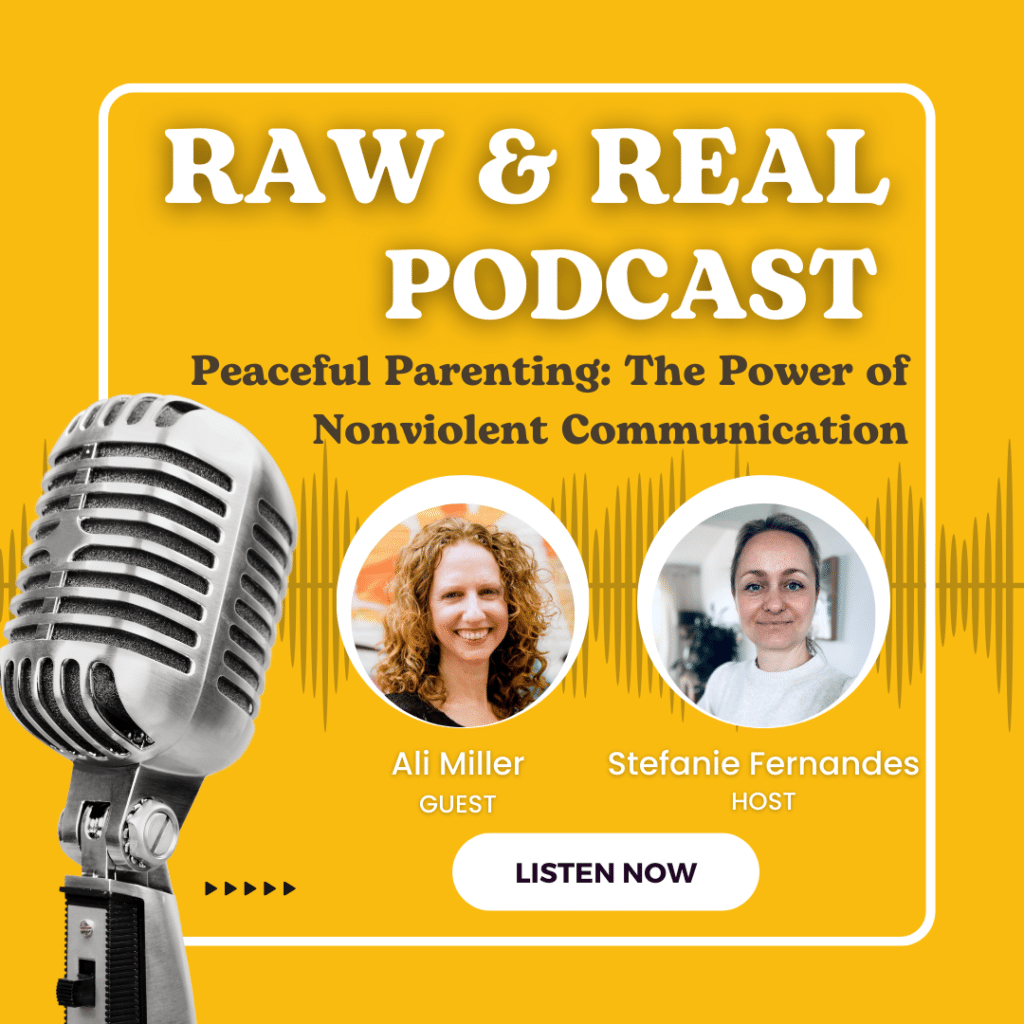Peaceful Parenting: The Power of Nonviolent Communication
10 July 2024
As parents, we strive to raise our children to be empathetic, responsible, and emotionally intelligent individuals. One powerful approach to achieving this is through Nonviolent Communication (NVC), a method developed by Marshall Rosenberg. NVC emphasizes empathy, understanding, and mutual respect, providing a framework for creating a nurturing and supportive environment for children.
Understanding Nonviolent Communication
Nonviolent Communication, also known as Compassionate Communication, is a communication process that helps people exchange information and resolve conflicts peacefully. Rosenberg developed NVC in the 1960s, combining his background in psychology with his experiences in conflict resolution. The core principles of NVC include:
- Observations: Describing what we see or hear without adding evaluations or judgments.
- Feelings: Expressing our emotions honestly without blaming or criticizing.
- Needs: Identifying our needs that are connected to our feelings.
- Requests: Making clear, specific requests that address our needs without demanding.
Applying NVC in Parenting
1. Observations Without Judgment
In the context of parenting, making observations without judgment is crucial. Instead of saying, “You’re being so lazy,” a parent can say, “I noticed that you haven’t done your homework yet.” This approach focuses on the behavior rather than labeling the child, which can help avoid defensiveness and resistance.
2. Expressing Feelings
Expressing feelings honestly and openly can be challenging but is essential for building trust and connection. For instance, a parent might say, “I feel worried when you don’t come home on time because I care about your safety,” instead of, “You’re always late and irresponsible.” By sharing feelings without blame, parents model emotional intelligence and create a safe space for children to express their own emotions.
3. Identifying Needs
Understanding and articulating needs is at the heart of NVC. When parents express their needs, they help children understand the underlying reasons for their feelings and requests. For example, saying, “I need some quiet time to relax after work,” instead of, “Stop making so much noise,” conveys a clear need without making the child feel at fault.
4. Making Requests
Making requests that are clear, specific, and actionable is essential for effective communication. Instead of commanding, “Clean your room now,” a parent can say, “Would you be willing to clean your room before dinner?” This approach respects the child’s autonomy and encourages cooperation rather than compliance out of fear or obligation.
Benefits of NVC in Parenting
1. Strengthened Relationships
NVC fosters deeper connections and trust between parents and children. By communicating empathetically and respectfully, parents create an environment where children feel understood and valued, leading to stronger and more positive relationships.
2. Emotional Intelligence
When parents model NVC, they teach their children essential skills like empathy, self-awareness, and emotional regulation. These skills are invaluable for navigating relationships and managing conflicts throughout life.
3. Reduced Conflicts
NVC helps prevent and resolve conflicts more effectively. By addressing the underlying needs and emotions, parents and children can find mutually satisfying solutions, reducing power struggles and fostering a more harmonious family dynamic.
4. Empowered Children
Children raised with NVC learn to express their needs and feelings constructively. They become more confident and assertive, knowing that their voices matter and that they can communicate their desires and boundaries respectfully.
Nonviolent Communication, as developed by Marshall Rosenberg, offers a transformative approach to parenting. By focusing on empathy, understanding, and mutual respect, NVC helps parents build stronger, more meaningful relationships with their children. Implementing NVC principles in everyday interactions can create a nurturing environment where children thrive emotionally and socially, ultimately fostering a more compassionate and connected family dynamic.
As parents, embracing NVC can be a journey of growth and learning, but the rewards are profound. By practicing empathy and compassionate communication, we can raise a generation of emotionally intelligent and empathetic individuals, equipped to contribute positively to the world.
Ali Miller is a Nonviolent Communication (NVC) expert and has been a Marriage & Family Therapist for over twenty years. As a relationship coach, she helps parents worldwide level up their communication and conflict resolution skills so they can be happy together again and model healthy communication for their children.
If you ever wondered what nonviolent communication is and how to start incorporating this into your parenting, this is a good start for you.
Ali has a few free resources, like her FREE Feelings & Needs List and her FREE Minicourse How to Stop Fight Without Giving In.
Visit Ali’s website for more information and follow her on Social media: Facebook and Instagram.




